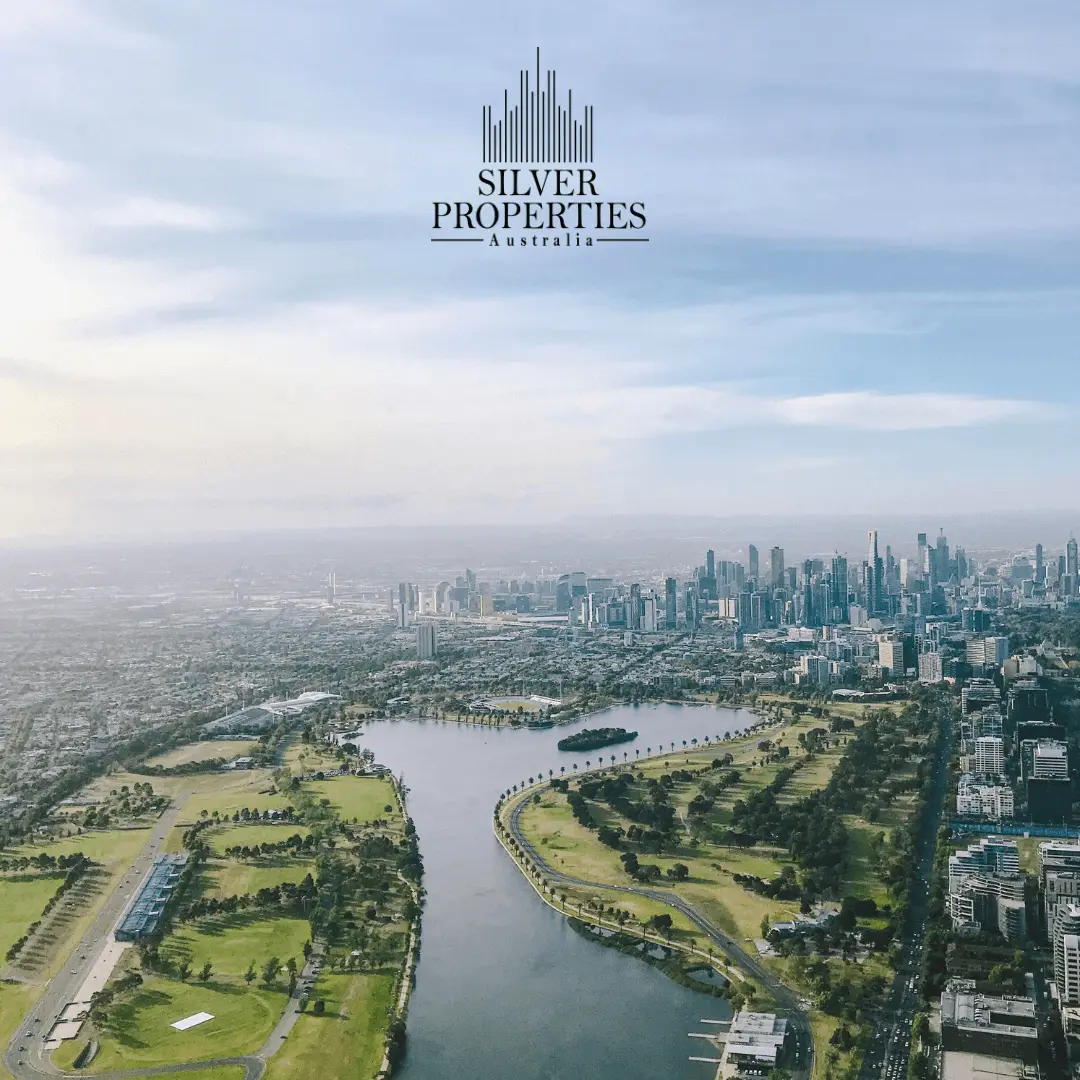Navigating the landlord-tenant relationship can be complex, especially when it comes to understanding the legal requirements and protections in place. In Melbourne, both parties are bound by specific laws designed to ensure fairness and safety in the rental market. Being well-informed about these laws is crucial for tenants to safeguard their rights and for landlords to comply with their obligations. This article delves into the essential aspects of landlord and tenant laws in Melbourne, offering a comprehensive guide to help both parties understand what is expected of them.
Understanding Your Rights as a Tenant in Melbourne
As a tenant in Melbourne, you are entitled to a variety of rights designed to protect your well-being, privacy, and financial investment in the rental property. Firstly, it’s important to know that landlords must provide you with a property that is in good repair, safe, and meets basic living requirements. This means all appliances and facilities must be in working order, and the property must be free from hazards.
Secondly, your privacy is paramount. Landlords and their agents must give appropriate notice before entering the property, generally 24 hours, except in emergencies. This ensures your living space remains your own, and your right to privacy is respected. Lastly, renters have the right to security of tenure under Victorian law, meaning landlords need a valid reason, as defined by the Residential Tenancies Act, to end a tenancy. This provision helps protect tenants from arbitrary eviction, offering peace of mind and stability.
Obligations Every Melbourne Landlord Must Fulfill
Landlords in Melbourne have a set of obligations they must meet to ensure they are providing a fair and legal service to their tenants. The first of these is the duty to maintain the property in a condition that makes it suitable for living. This means attending to repairs in a timely manner and ensuring the property adheres to health and safety regulations. Failure to do so can lead to legal consequences and financial penalties.
Moreover, landlords must ensure they are always acting within the confines of the law when it comes to rent increases, evictions, and bond handling. Rent can only be increased at specified times and with proper notice, evictions must be carried out in strict adherence to legal reasons and processes, and bond money must be handled according to the regulations set out by the Residential Tenancies Act. Lastly, ensuring proper insurance coverage is also a crucial obligation, protecting both the property and the rights of the tenants residing in it.
Understanding the landlord and tenant laws in Melbourne is fundamental for fostering a healthy rental experience. By knowing their rights, tenants can live with greater security and peace of mind. Similarly, by fulfilling their obligations, landlords can maintain a positive and lawful relationship with their tenants. Both parties benefiting from this knowledge ensures a stable and respectful rental environment in Melbourne. Whether you are a tenant looking to understand your protections or a landlord aiming to comply with your duties, being informed is the first step towards achieving a harmonious living situation.
Key Takeaways
- Tenants in Melbourne are entitled to a safe, private, and well-maintained living environment.
- Landlords must adhere to strict guidelines regarding property maintenance, rent increases, evictions, and bond handling.
- Understanding and respecting the rights and obligations set by the landlord and tenant laws in Melbourne is crucial for both parties to ensure a fair and peaceful rental experience.
FAQs
1. How often can a landlord increase rent in Melbourne?
Landlords can typically increase rent once every 12 months with proper notice given to the tenant.
2. What constitutes a valid reason for eviction in Melbourne?
Valid reasons for eviction include non-payment of rent, significant damage to the property, or breach of the tenancy agreement.
3. Who is responsible for maintaining the garden at a rental property?
The responsibility of garden maintenance should be outlined in the rental agreement. If not specified, it typically falls to the tenant.
4. Can a landlord enter the property without permission in Melbourne?
Landlords or their agents must provide notice before entering the property, except in cases of emergency or if agreed upon by the tenant.
5. What should I do if my landlord is not making necessary repairs?
Tenants should notify their landlord in writing and, if the issue is not resolved, can apply to the Victorian Civil and Administrative Tribunal (VCAT) for assistance.
6. How much notice must a landlord give to terminate a tenancy in Melbourne?
The notice period depends on the reason for termination but generally ranges from 14 days to 120 days.
7. Is there a maximum bond amount that a landlord can ask for in Melbourne?
Yes, the bond amount cannot exceed the equivalent of one month’s rent for properties renting for less than a certain weekly amount.
8. Can tenants make changes to the rental property?
Tenants must receive written consent from the landlord before making any changes to the property.
9. What happens if a tenant leaves belongings behind?
Landlords must follow specific procedures outlined by the Residential Tenancies Act, which may involve storing the items for a period before disposing of them.
10. Are pets allowed in rental properties in Melbourne?
Whether pets are allowed is up to the landlord; however, recent changes to the law have made it harder for landlords to unreasonally refuse consent for pets.


Leave a Reply